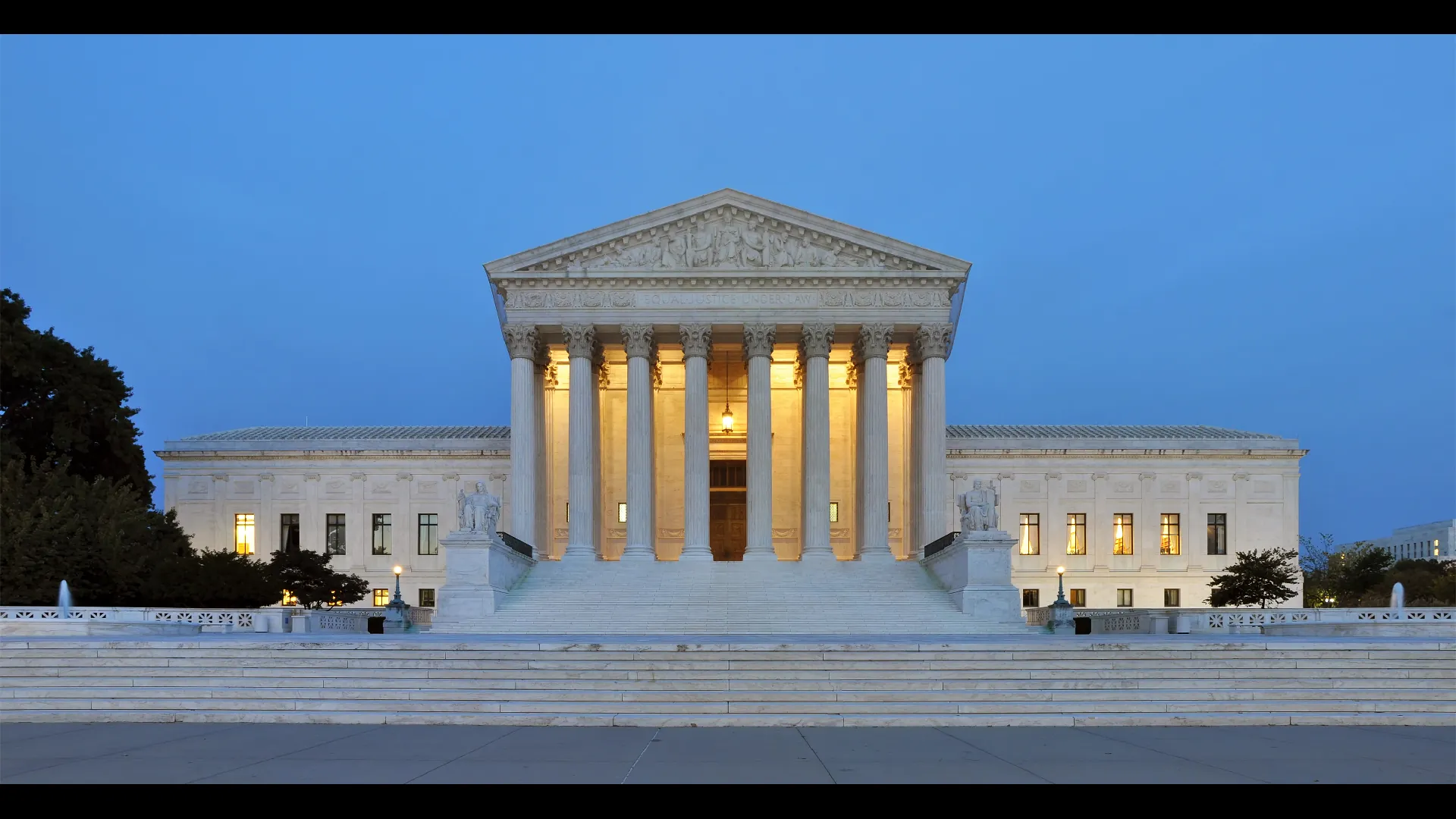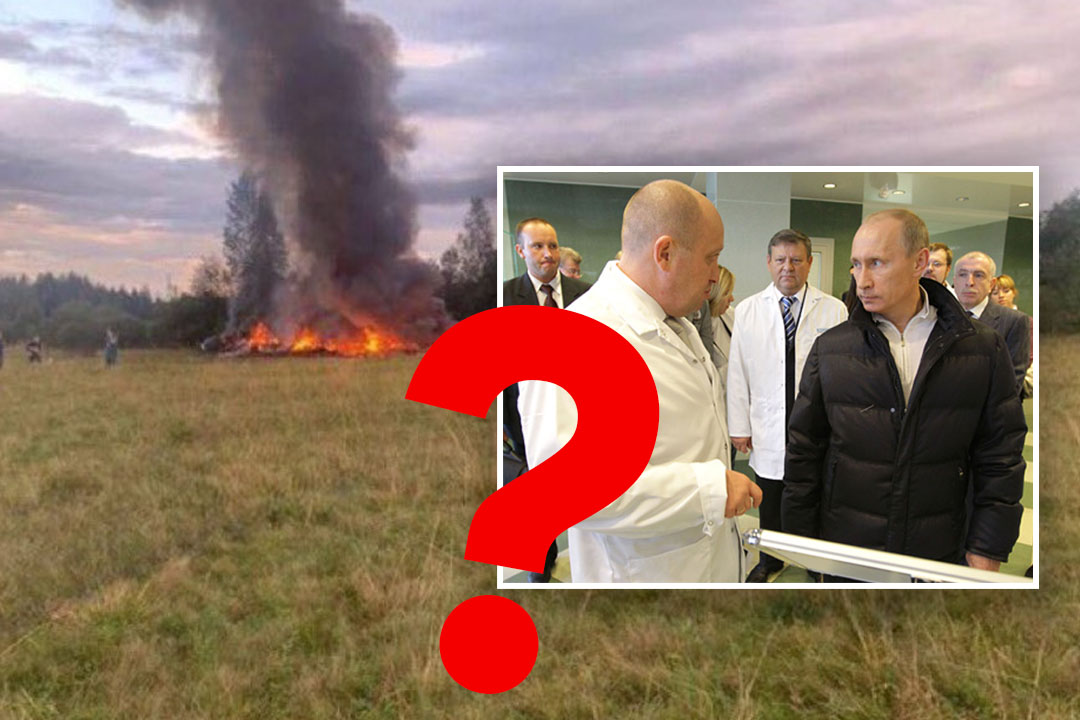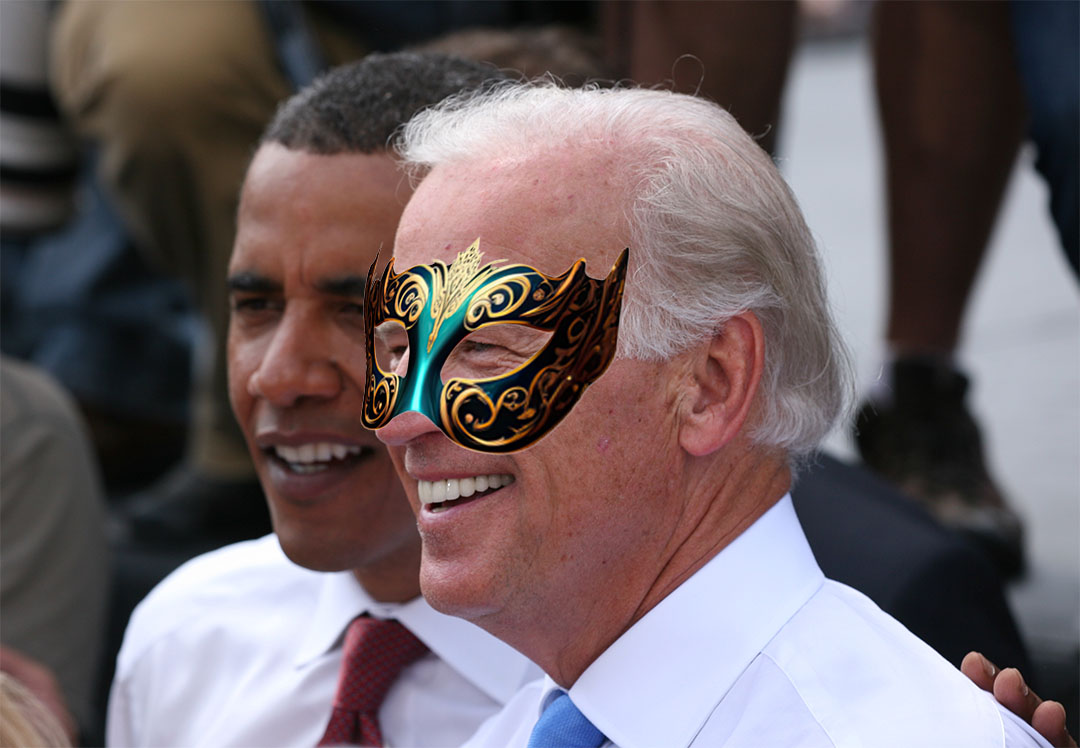Supreme Court temporarily freezes ghost gun regulations.
Supreme Court Grants Temporary Freeze on Lower Court Order Regarding Ghost Gun Regulations
August 8, 2023 3:56 PM EDT
- The Gist
- The Supreme Court has issued a temporary freeze on a lower court order regarding ghost gun regulations.
- Ghost guns are untraceable homemade weapons that can be assembled from kits purchased online.
- The Supreme Court's decision was reached in a 5-4 vote, with Chief Justice John Roberts and Justice Amy Coney Barrett aligning with the court's three liberals to allow the rule to take effect.
- The rule requires adherence to federal laws for commercial sale of ghost gun kits, including marking products with serial numbers and maintaining records for traceability.
- The challenge against the ATF regulations was brought forth by two Texas residents who wish to manufacture ghost guns for personal use, as well as a gun rights group.
- The Biden administration has appealed the decision, and the Supreme Court's temporary freeze allows the enforcement of the regulations while the case is further appealed.
The Supreme Court has issued a temporary freeze on a lower court order that prevents the government from regulating ghost guns as firearms under federal law. This decision comes after the Biden administration requested that the regulations remain in effect while legal challenges unfold.


Ghost guns are untraceable homemade weapons that can be assembled from kits purchased online. These weapons bypass background checks and lack serial numbers, making them difficult to track. In 2022, the Bureau of Alcohol, Tobacco, Firearms and Explosives (ATF) updated its regulations to classify ghost gun kits as firearms in order to improve tracking.
The Supreme Court's decision was reached in a 5-4 vote, with Chief Justice John Roberts and Justice Amy Coney Barrett aligning with the court's three liberals to allow the rule to take effect. Justices Clarence Thomas, Samuel Alito, Neil Gorsuch, and Brett Kavanaugh would have denied the application.
It is important to note that the rule does not prohibit the sale or possession of ghost gun kits but instead requires adherence to federal laws for commercial sale. This includes marking products with serial numbers and maintaining records for traceability. However, Judge Reed O'Connor of the United States District Court for the Northern District of Texas blocked the rule nationwide, arguing that the ATF had overstepped its authority.
The challenge against the ATF regulations was brought forth by two Texas residents who wish to manufacture ghost guns for personal use, as well as a gun rights group. The challengers' lawyers contend that the ATF exceeded its authority by expanding the definition of a firearm without an act of Congress.
In response to the ruling, the Biden administration has appealed the decision, and the Supreme Court's temporary freeze allows the enforcement of the regulations while the case is further appealed. The federal regulation aims to subject ghost guns to the same regulations as fully assembled firearms, making tracing, background checks, and sales easier. The Justice Department cited an increase in the number of untraceable guns seized at crime scenes as a justification for the rule.
Gun rights groups and a firearms parts manufacturer argue that the ATF lacks the authority to alter the definition of a firearm without an act of Congress. While the Supreme Court's decision has disappointed those challenging the rule, they remain confident in their case.
The Supreme Court has issued a temporary freeze on a lower court order regarding ghost gun regulations. These regulations aim to address the issue of untraceable homemade weapons, commonly known as ghost guns. While legal challenges persist, the Biden administration's appeal has allowed the regulations to be enforced. This case raises significant questions about the authority of the ATF and the definition of firearms under federal law.
The Supreme Court's decision was reached in a 5-4 vote, with Chief Justice John Roberts and Justice Amy Coney Barrett aligning with the court's three liberals to allow the rule to take effect. Justices Clarence Thomas, Samuel Alito, Neil Gorsuch, and Brett Kavanaugh would have denied the application.
It is important to note that the rule does not prohibit the sale or possession of ghost gun kits but instead requires adherence to federal laws for commercial sale. This includes marking products with serial numbers and maintaining records for traceability. However, Judge Reed O'Connor of the United States District Court for the Northern District of Texas blocked the rule nationwide, arguing that the ATF had overstepped its authority.
The challenge against the ATF regulations was brought forth by two Texas residents who wish to manufacture ghost guns for personal use, as well as a gun rights group. The challengers' lawyers contend that the ATF exceeded its authority by expanding the definition of a firearm without an act of Congress.
In response to the ruling, the Biden administration has appealed the decision, and the Supreme Court's temporary freeze allows the enforcement of the regulations while the case is further appealed. The federal regulation aims to subject ghost guns to the same regulations as fully assembled firearms, making tracing, background checks, and sales easier. The Justice Department cited an increase in the number of untraceable guns seized at crime scenes as a justification for the rule.
Gun rights groups and a firearms parts manufacturer argue that the ATF lacks the authority to alter the definition of a firearm without an act of Congress. While the Supreme Court's decision has disappointed those challenging the rule, they remain confident in their case.
The Supreme Court has issued a temporary freeze on a lower court order regarding ghost gun regulations. These regulations aim to address the issue of untraceable homemade weapons, commonly known as ghost guns. While legal challenges persist, the Biden administration's appeal has allowed the regulations to be enforced. This case raises significant questions about the authority of the ATF and the definition of firearms under federal law.
No, Really?! There's More News:
 Did Yevgeny Prigozhin Stage His Own Death? Plane Crash Investigation Raises Questions
Did Yevgeny Prigozhin Stage His Own Death? Plane Crash Investigation Raises Questions  Prominent Wagner Figure Suspected to be Aboard Plane That Crashed in Russia
Prominent Wagner Figure Suspected to be Aboard Plane That Crashed in Russia  Sources Discredit TMZ's Reconciliation Story Involving Britney Spears and Jamie Spears
Sources Discredit TMZ's Reconciliation Story Involving Britney Spears and Jamie Spears  President Biden's use of pseudonyms in emails raises questions about transparency and accountability
President Biden's use of pseudonyms in emails raises questions about transparency and accountability